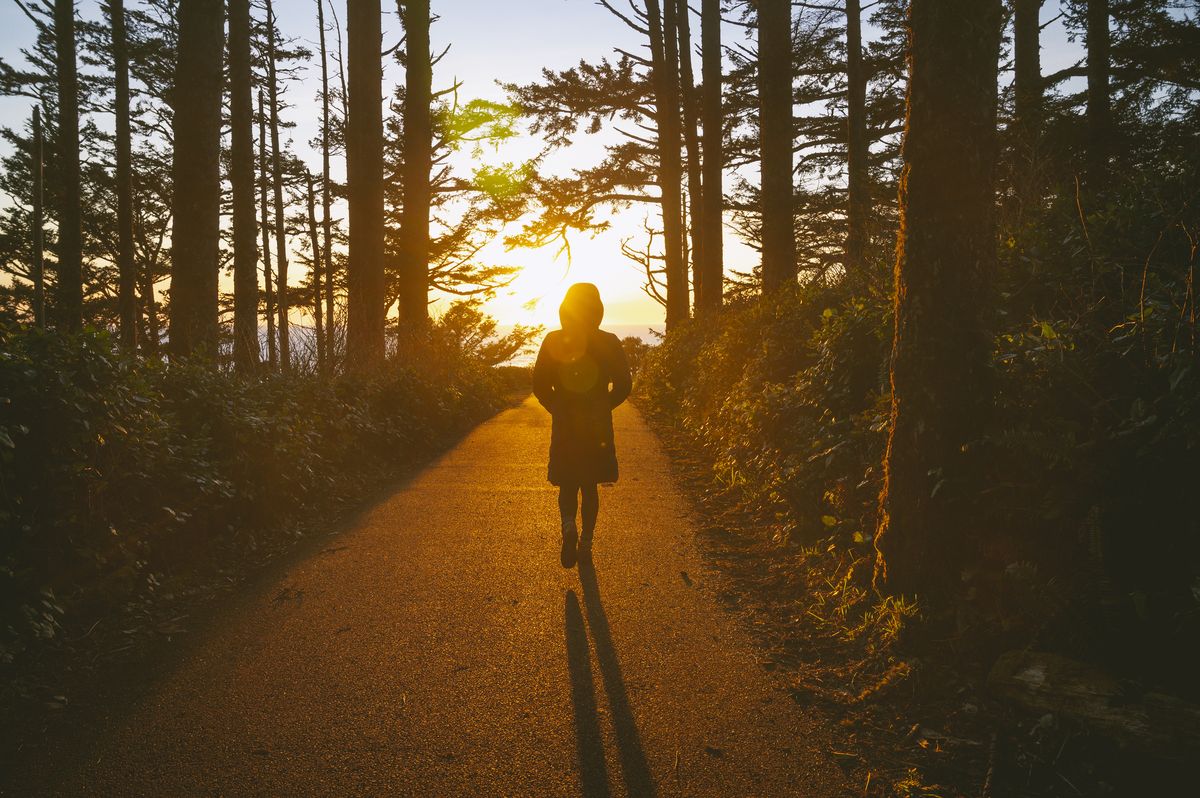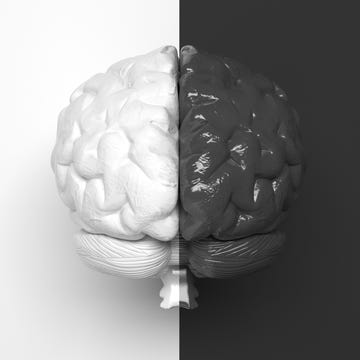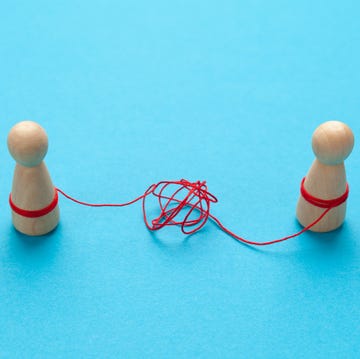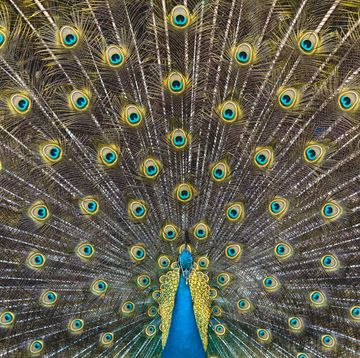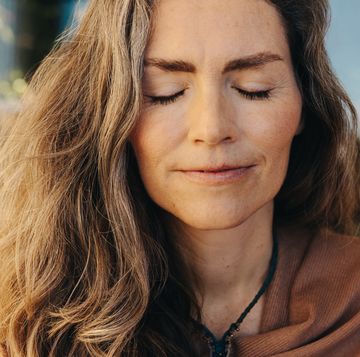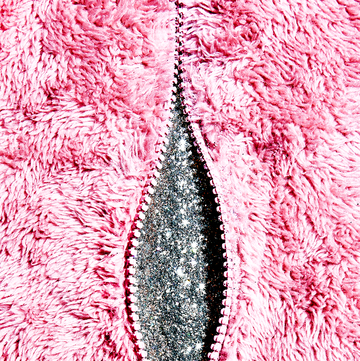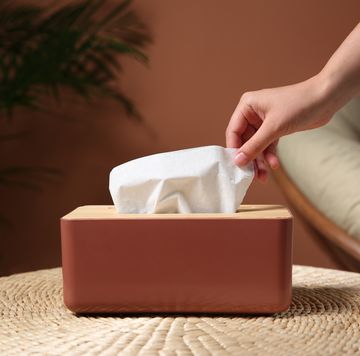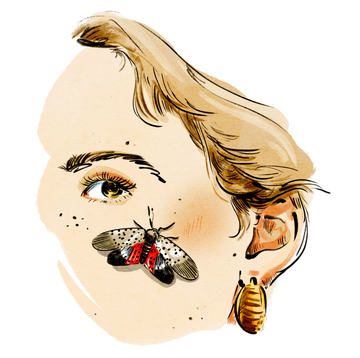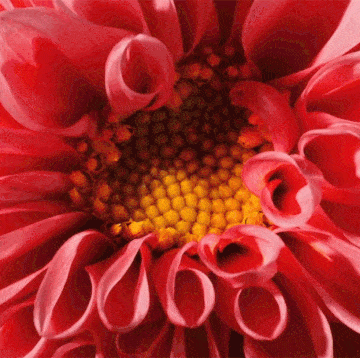On a family trip to San Francisco last spring, I was delighted to find that a survey of paintings by Alice Neel—the late, great portraitist of ordinary people—was showing at the de Young Museum in Golden Gate Park. I left my husband and sons in the park and ducked into the museum to treat myself to an hour of solo art imbibing. I expected to be engaged by Neel’s beautiful loose lines and off-kilter compositions. I did not anticipate, though, the full-on electric soul-charge I experienced in those gallery rooms. Neel is a master at capturing the forlorn yet miraculously still hopeful expressions of hard-pressed people doing their best. Gazing into the luminous eyes of Neel’s sitters, I felt the vibrating intimacy between the painter and her subjects buzzing along my spine. And I decided, then and there, to quit the nonprofit job I’d landed in after losing a longtime magazine gig during a cutback and find a way back to my own method of art and portraiture: writing.
After lots of hustling and networking to find new clients, I’m back to writing full-time and thrilled to be here. But I do wonder occasionally if pinning my career leap on a spine-tingling epiphany was perhaps a bit rash. So I was glad to connect with Dacher Keltner, a psychologist at the University of California, Berkeley. Keltner is a renowned expert in emotions and how they guide human behavior, and in his newest book, Awe: The New Science of Everyday Wonder and How It Can Transform Your Life (Penguin Press), he describes how experiencing awe—“the feeling of being in the presence of something vast that transcends your current understanding of the world,” as he defines it—improves our health and well-being.
Awe can be sparked by, among many other things, gazing out over a panoramic view, grooving on the “collective effervescence” of a packed dance floor, or witnessing someone doing something kind for a stranger (a.k.a. committing an act of “moral beauty”), as Keltner writes. His and others’ research shows that awe triggers the release of dopamine (the feel-good neurochemical that helps open the mind to wonder and exploration) and reduces inflammation produced by the immune system (potentially lowering the risk of diseases associated with chronic inflammation, including depression, anxiety, and heart disease). But it also increases empathy and, by quieting brain regions that are activated when we process information from a me-first perspective (the so-called default mode network), reduces self-preoccupation and limbers up our thinking.
More From Oprah Daily

When I tell Keltner on a Zoom call about the aha moment that led me to quit a stable job and try living again by my wits, he responds with an awesomely reassuring fist pump. “There’s a destabilizing part of awe, which is like, Whoa, I’m hearing this loud voice saying, You’re an artist!” he says, doing a weirdly good imitation of me tripping on Alice Neel’s paintings. “And then there is an empowering part of awe—this engine of creation—that drives people to do good work, to keep exploring and opening up new mysteries.” Here is more from our chat.
I had an experience of mind-blowing awe that cracked me wide open. But you write about how smaller moments of awe can transform day-to-day life. What is everyday awe, and how does it crop up?
When we talk about emotions, we come up with stereotypes. With awe, it’s like, “Oh, I was looking at the Grand Canyon” or “I shook Golden State Warriors coach Steve Kerr’s hand.” But when we did research and started to tally up the data (we did daily diary studies, asking people in different countries to answer the question every night, “Did you feel awe today?”), we discovered they experienced it two to three times a week. I expected that maybe half the people would feel one experience of awe every two weeks, and here they’re getting it every three days. We heard things from students like they felt it in class learning about a chemical process, or walking through Berkeley and seeing someone give their lunch to an unhoused person, or that they just looked into the eyes of another person and “started to think about human connection.” This tells us is that if you just take a moment, awe is there for us to experience. It’s not reserved for merging with God; it’s everywhere.
Can people who find themselves at a low ebb creatively, or who feel stuck in a job, apply awe to find a new path forward?
Totally. I get a lot of “What should I do?” questions. And I say, “Well, what brings you awe? Try to pay your bills and do awe.” To me, making a career choice is really a goosebumps question. Try to simulate different possibilities and imagine them: Does fixing someone’s physical ailment move you? Or is it looking at data? Or is it getting into another country and helping with disaster response? Building things with your hands? You can project forward to think about what gives you goosebumps, or you can think back to things you’ve done in the past where you thought, Whoa, that was amazing, and see if you can do that thing.
You write that people can find awe walking on a crowded street, doing the wave at a sporting event, or just seeing someone thank someone else graciously, and that all these experiences help glue us together as a society because they remind us how interconnected we are. They enable us “to see the systems underlying the wonders of life and locate ourselves in relation to them.” How so?
The Danish philosopher Søren Kierkegaard wrote about going out into the streets and having these chance encounters with the significance of insignificant things. When I read that, I realized that when we go out and see people doing things collectively, it holds us together. Same with listening to music: We go to hear music, then talk about it with our friends, and then we move through the rest of the day thinking, Okay. I’ve got a team. I’m part of a tribe. I believe it’s fundamental to the social fabric.
You also share moving stories about your own far-ranging search to rediscover awe after your beloved younger brother, Rolf, died of cancer in 2019. How did traveling to certain places—like the mountain trails you and Rolf used to hike and places like India—help you through this rough time?
It was transformative. After the loss of my brother, I was like, I gotta do awe. I knew I’d find it in the mountains. Going on a wild spiritual retreat in India was also a no-brainer. Listening to Iggy Pop and African music was easy. Listening to classical music was harder. But going to hear a symphony perform a hard John Adams piece was illustrative. Going in, I thought, I don’t know classical music; I’m dressed wrong. But I wandered into it and I wondered about it. Wandering and wondering, I embraced the mystery. And it brought me awe.
Now I feel more everyday awe, very powerfully. I almost feel like I can get it in an instant. And it really changed my belief about life—like, that it is not just a biological process that ends. It’s much more complicated, which I write about. It changed my sense of self, making me really want to go after the things that matter and toward what I can do that is good for the world. It made me healthier. It was transformative. It really was a defining period. And I still feel it. I feel strengthened.
It sounds like experiencing awe again helped you separate the wheat from the chaff in your life.
Very much so. In midlife, it’s classic problem: Are you doing the things that mean something to you? It brought that into focus for me. But I also want to remind your readers that awe is really good for you. It lowers inflammation and gives you better health, more time—people who experience awe feel like they have more time and they are less stressed-out about the micro hassles of life. They feel less trauma if they really go after it. So it’s good news: Awe is good for you. It is about finding life.
How can anyone experience a bit of this magic?
Do actionable things like take an awe walk, where you try to see your surroundings with fresh eyes, or tell awe stories, like the one you shared with me. Listen to music that brought you goosebumps when you were a teenager and pay attention where your mind goes. We are overplanned, overscheduled, and Google Maps tells us exactly where to go. But we need to wander and wonder. We need to go to mystery.
